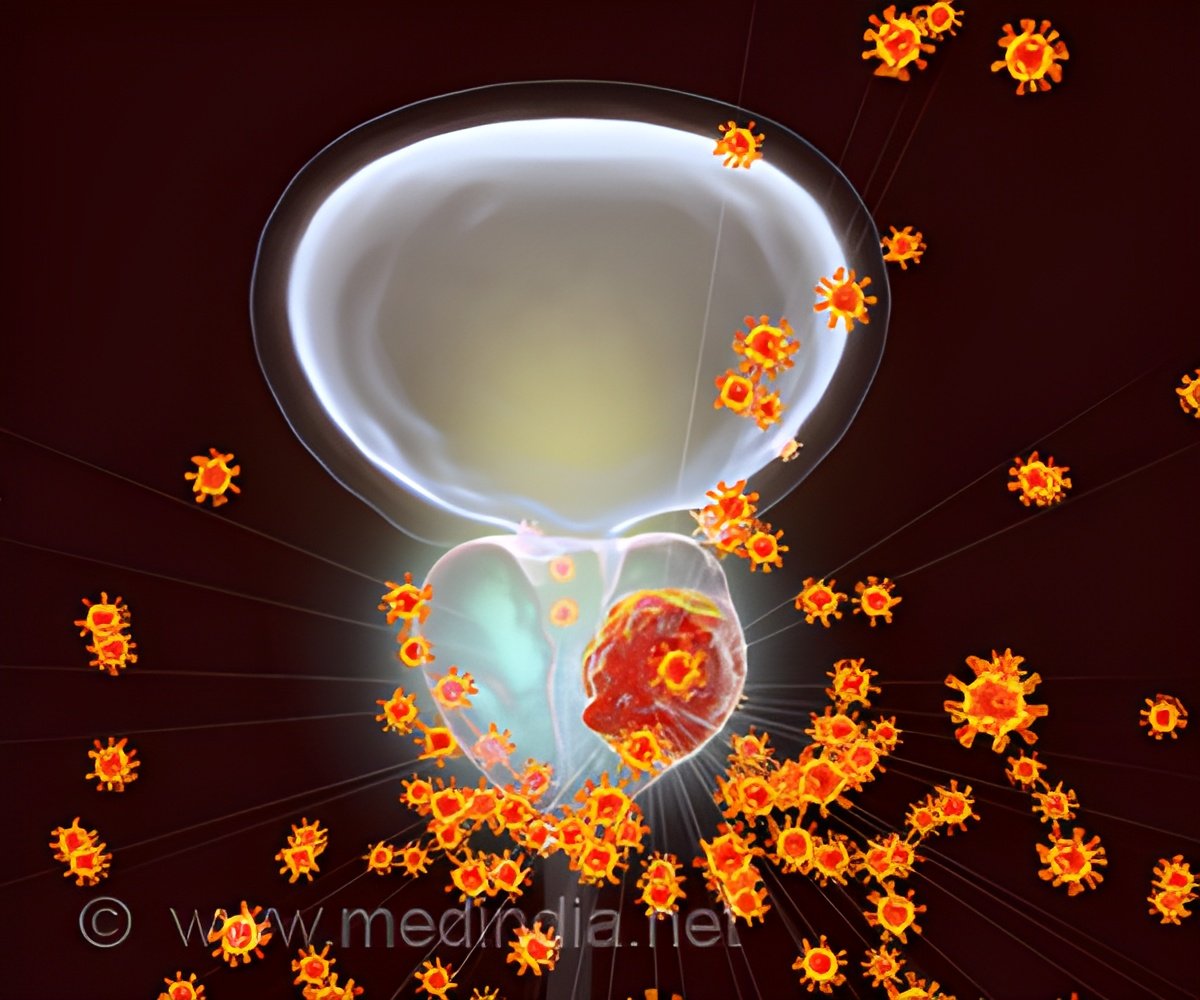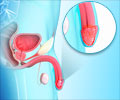
‘The new mechanism for SOCS1 inactivation may actually represent a regulatory control that is hijacked by cancer cells.’
Tweet it Now
"SOCS1 is part of a gene-regulation circuit centered around the master cell proliferation regulator p53, often called the guardian of the genome," said senior author Gerardo Ferbeyre, an UdeM biochemistry professor and researcher at its hospital research centre, the CRCHUM. "If p53 or another protein in its network is mutated or becomes chemically modified in some abnormal way, a pattern of gene activation occurs that programs cells to proliferate without control, as occurs in cancers."
In their research - led by UdeM PhD student Emmanuelle Saint-Germain, with UdeM biochemist Frédéric Lessard and Université de Sherbrooke biochemist Subburaj Ilangumaran - Ferbeyre's team uncovered a new mechanism by which the p53 circuit becomes unbalanced.
Normally, the SRC kinases add phosphates to proteins in a cell in a highly regulated manner. But in cancer cells the regulation of these enzymes can break down. As a consequence, SOCS1 is abnormally targeted by these enzymes, leading to an effective inhibition of its ability to regulate p53 and stop the proliferation of cancer cells.
The therapeutic implications of UdeM's cientists discovery could be multiple, they believe. Since effective anticancer drugs that target SRC kinases already exist, detection of modified SOCS1 in a tumour could be used to predict whether these drugs would be an effective treatment for the tumour.
Advertisement
Added Ilangumaran, who has been studying SOCS1 in immune cells and cancers for many years: "On a more fundamental level, our group's discovery - that phosphorylation of SOCS1 acquires a new physical form - opens the door to hitherto unknown ways of regulating SOCS1 functions. "And this has implications for the treatment of autoimmune diseases and for anticancer immunity."
Advertisement














